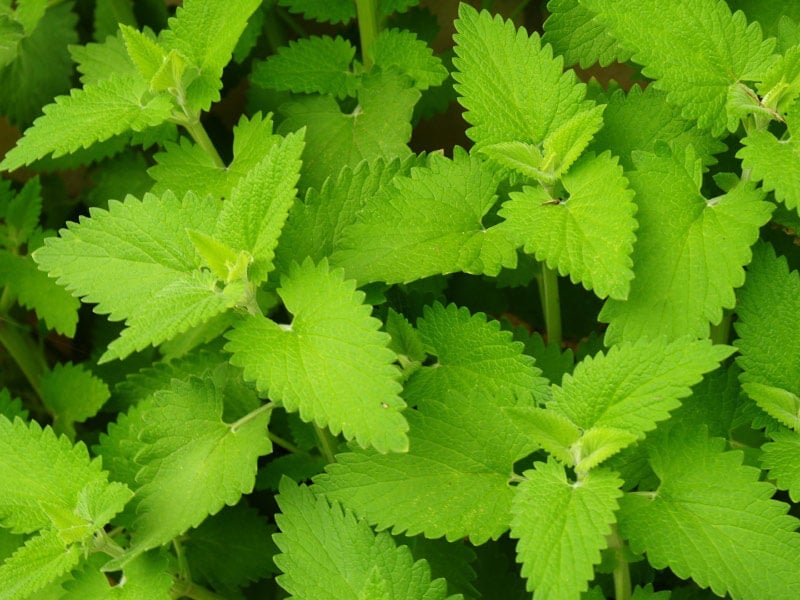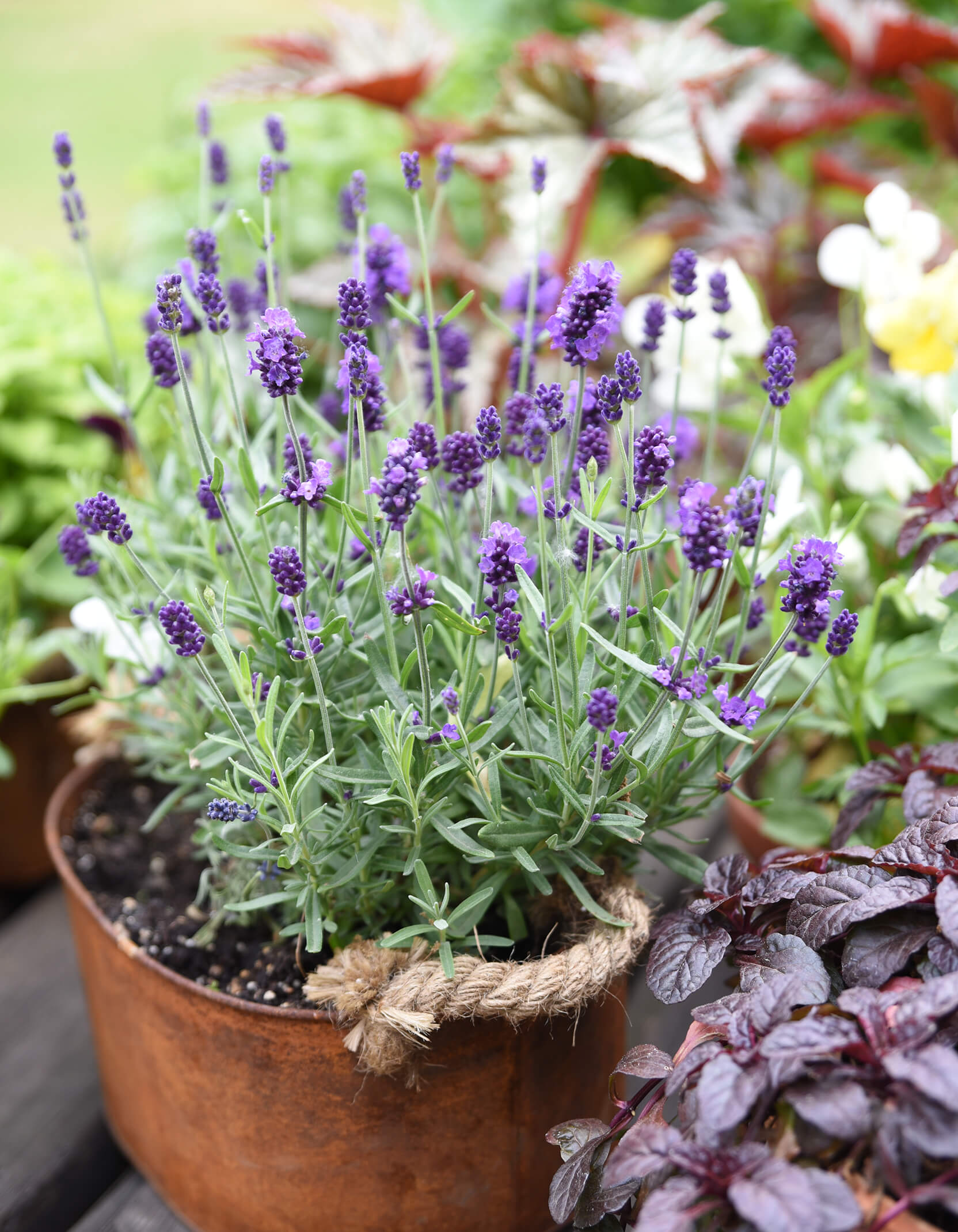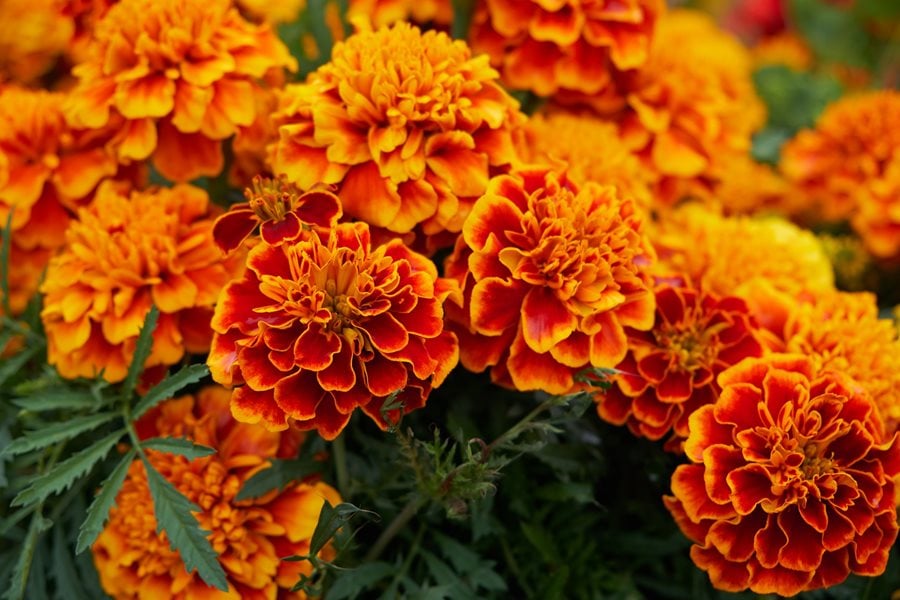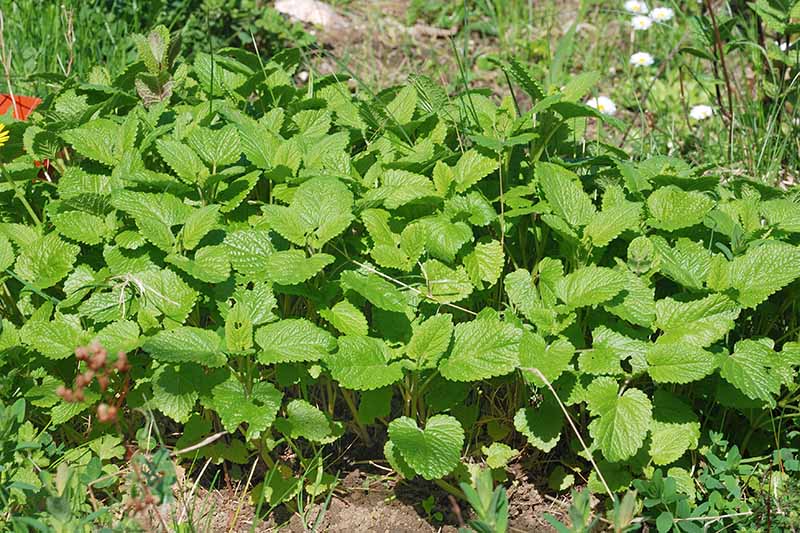Keep Mosquitoes Away With These Citronella Companion Plants
Keep Mosquitoes Away with These Citronella Companion Plants
Summer is here, and that means it's time to start thinking about mosquito control. While there are plenty of commercial mosquito repellents on the market, there's also a natural way to keep these pesky insects at bay: citronella plants.
Citronella is a type of grass that produces a strong, lemony scent that mosquitoes find very unpleasant. When grown in close proximity to each other, citronella plants can create a natural mosquito barrier.
In addition to citronella, there are a number of other plants that can help to repel mosquitoes. These companion plants can be grown alongside citronella to create a more effective mosquito repellent garden.
Here are some of the best citronella companion plants:
- Lemongrass: Lemongrass is a close relative of citronella, and it produces a similar lemony scent. Lemongrass is also a perennial, so it can come back year after year.
- Catnip: Catnip is another plant that mosquitoes don't like. The scent of catnip is actually attractive to cats, but it has the opposite effect on mosquitoes.

- Lavender: Lavender is a beautiful and fragrant plant that also happens to be a natural mosquito repellent. Lavender is a perennial, so it can come back year after year.

- Marigolds: Marigolds are not only beautiful flowers, but they also help to repel mosquitoes. The scent of marigolds is unpleasant to mosquitoes, and they can also help to disrupt the mosquito breeding cycle.

- Basil: Basil is a popular herb that can also help to repel mosquitoes. The scent of basil is unpleasant to mosquitoes, and it can also help to mask your body's natural scent, which makes you less attractive to mosquitoes.
When planting citronella companion plants, it's important to choose plants that will thrive in your climate. Citronella plants, for example, need full sun and well-drained soil. Other plants, such as lavender and marigolds, can tolerate partial shade.
It's also important to plant citronella companion plants in close proximity to each other. The closer the plants are, the stronger the mosquito-repelling effect will be.
In addition to planting citronella companion plants, there are a few other things you can do to keep mosquitoes away. These include:
- Wearing long sleeves and pants when you're outdoors.
- Using insect repellent that contains DEET or other EPA-approved ingredients.
- Eliminating standing water around your home, as this is where mosquitoes breed.
By planting citronella companion plants and following these other tips, you can enjoy your summer outdoors without having to worry about mosquitoes.
Citronella is a popular plant for repelling mosquitoes, but did you know that it can also be grown as a companion plant? Companion planting is the practice of planting different types of plants together to benefit each other. When it comes to citronella, there are a few specific plants that make great companion plants.
- Lavender: Lavender is another plant that is known for its insect-repelling properties. It also has a lovely scent that can make your garden smell amazing.
- Marigolds: Marigolds are not only beautiful flowers, but they also help to repel a variety of insects, including mosquitoes.
- Catnip: Catnip is a great companion plant for citronella because it attracts cats, which can help to keep mosquitoes away.
- Lemon balm: Lemon balm is a fragrant herb that can help to repel mosquitoes and other insects. It also has a number of other benefits, such as being a calming herb.
- Bee balm: Bee balm is a beautiful flower that is also a great insect repellent. It attracts bees, which can help to pollinate your other plants.
If you are looking for a way to repel mosquitoes in your garden, consider planting some citronella companion plants. These plants will help to keep the mosquitoes away and make your garden look and smell great.
FAQ of citronella companion plants
Q: What are some good companion plants for citronella?
A: Some good companion plants for citronella include lavender, marigolds, catnip, lemon balm, bee balm, thyme, rosemary, zinnias, shrub roses, hibiscus, vinca, and cannabis. These plants all have similar growing requirements to citronella and can help to deter pests and attract beneficial insects.
Q: What are the benefits of companion planting with citronella?
A: There are several benefits to companion planting with citronella. For one, it can help to deter pests. The strong scent of citronella is known to repel mosquitoes, ants, and other insects. Additionally, companion planting can help to improve the health and productivity of your citronella plants. By planting them with other compatible plants, you can help to improve the soil quality, attract beneficial insects, and reduce the risk of disease.
Q: How do I choose the right companion plants for my citronella?
A: When choosing companion plants for your citronella, it is important to consider the following factors:
- Growing requirements: The companion plants you choose should have similar growing requirements to citronella. This means that they should need the same amount of sunlight, water, and soil type.
- Pest and disease resistance: Companion plants that are resistant to pests and diseases can help to protect your citronella plants from harm.
- Attraction of beneficial insects: Companion plants that attract beneficial insects, such as ladybugs and bees, can help to control pests and improve pollination.
- Aesthetics: If you are planting citronella for ornamental purposes, you may want to choose companion plants that complement its appearance.
Q: How do I plant citronella with companion plants?
A: When planting citronella with companion plants, it is important to space them properly. Citronella plants need at least 18 inches of space between them, so you will need to adjust the spacing of your companion plants accordingly. You should also plant them in a location that receives full sun.
Q: How do I care for citronella and its companion plants?
A: Citronella plants are relatively low-maintenance, but they do need regular watering and fertilizing. You should water them deeply once a week, and fertilize them every month during the growing season. Companion plants may have different care requirements, so be sure to research the specific needs of the plants you choose.
Image of citronella companion plants
- Lavender: Lavender is a popular companion plant for citronella because it also has insect-repelling properties. The two plants can be planted together in a garden or container, or they can be grown near each other.
- Marigolds: Marigolds are another good companion plant for citronella. They help to improve the soil quality and deter pests.

- Catnip: Catnip is a member of the mint family, and it has a strong scent that can repel mosquitoes. It can be planted near citronella plants to help keep mosquitoes away.

- Lemon balm: Lemon balm is a fragrant herb that can also help to repel mosquitoes. It can be planted near citronella plants to create a natural mosquito barrier.

- Bee balm: Bee balm is a flowering plant that attracts bees and butterflies. It can be planted near citronella plants to help improve pollination and deter pests.

Post a Comment for "Keep Mosquitoes Away With These Citronella Companion Plants"